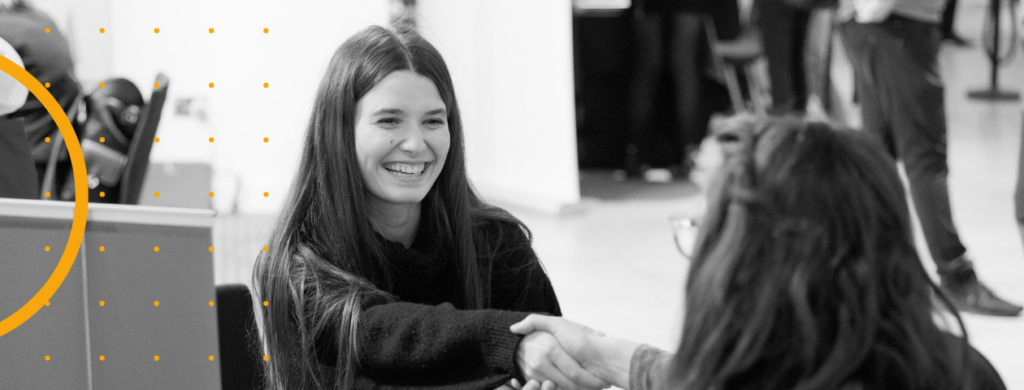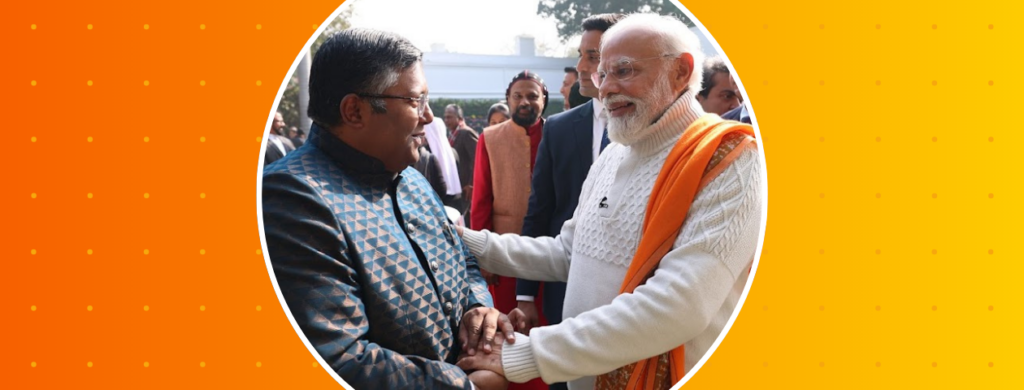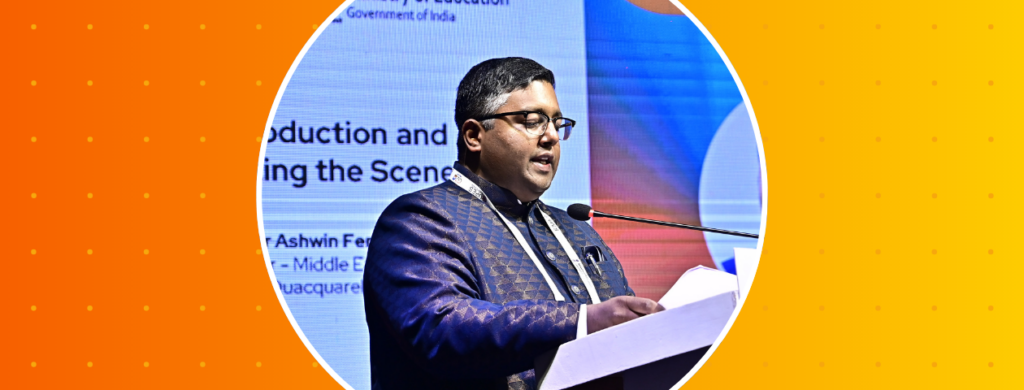
In recent years, the higher education sector has witnessed the emergence of a new phenomenon – massive open online courses, more commonly known as MOOCs. Opinion on the potential impact of these free courses is split.
On one hand:
-
“Power is shifting away from selective university admissions officers into the hands of educational consumers, who will soon have their choice of attending virtually any university in the world online.” – Nathan Harden, author of Sex & God At Yale: Porn, Political Correctness, and a Good Education Gone Bad
-
“Our ambition is actually to make the Harvard experience now closer to the MOOC experience.” – Gregory Nagy, professor of classical Greek literature at Harvard
-
“…nothing has more potential to lift more people out of poverty and unlock a billion more brains to solve the world’s biggest problems.” – Thomas Friedman, New York Times columnist
-
“In South America, China, countries in Africa, there is a huge appetite for learning, and some of the world’s best courses are being offered online. If people are genuinely fascinated by learning, then why not?” – Mike Sharples, chair of educational technology at the Open University (UK)
-
“So many people can be helped right now. I see this as a mission.” – Sebastian Thrun, artificial-intelligence professor at Stanford, cofounder of MOOC platform Udacity
-
“The technology that allows one professor to teach not just one student but 100,000 really changes the economics of higher education.” – Professor Andrew Ng , chairman and cofounder of MOOC platform Coursera
-
“I feel strongly that degrees are really valuable to people, and having MOOCs allow for credit down the line will increase the number of students with the confidence and wherewithal to complete degrees.” – Daphne Koller, professor of computer science at Stanford
On the other hand:
-
“MOOC education is survival of the fittest. Every student is just one insignificant data point while the course is running. Do well, do poorly, struggle, drop out – no one notices.” – Keith Devlin, professor of mathematics at Stanford
-
“…really digging into and exploring a knotty topic—a difficult image, a fascinating text, whatever. That’s exciting. There’s a chemistry to it that simply cannot be replicated online.” – Peter J. Burgard, professor of German at Harvard
-
“It’s like higher education has discovered the megachurch.” – David W. Wills, professor of religious history at Amherst College
-
“Here students have a very one-to-one or two-to-one experience. We see that as a fantastic model that we’re not going to give up.” – Dr Sally Mapstone , pro-vice-chancellor for education at Oxford University
-
“MOOCs are damn interesting, you betcha, but seriously, if you think they’re about to solve the labour-intensivity of higher education tomorrow with no losses or costs in quality, you have a lot of learning to do.” – Timothy Burke, blogger
-
“If massively online, open courseware means having 300,000 students watching videos online loosely supported by 10,000 teaching assistants, of widely varying background and commitment, scattered around the globe, then the brave new world of online education sounds like a poor version of the University of Phoenix to me.” – Jeremy Teitelbaum, dean of the University of Connecticut College of Liberal Arts and Sciences



